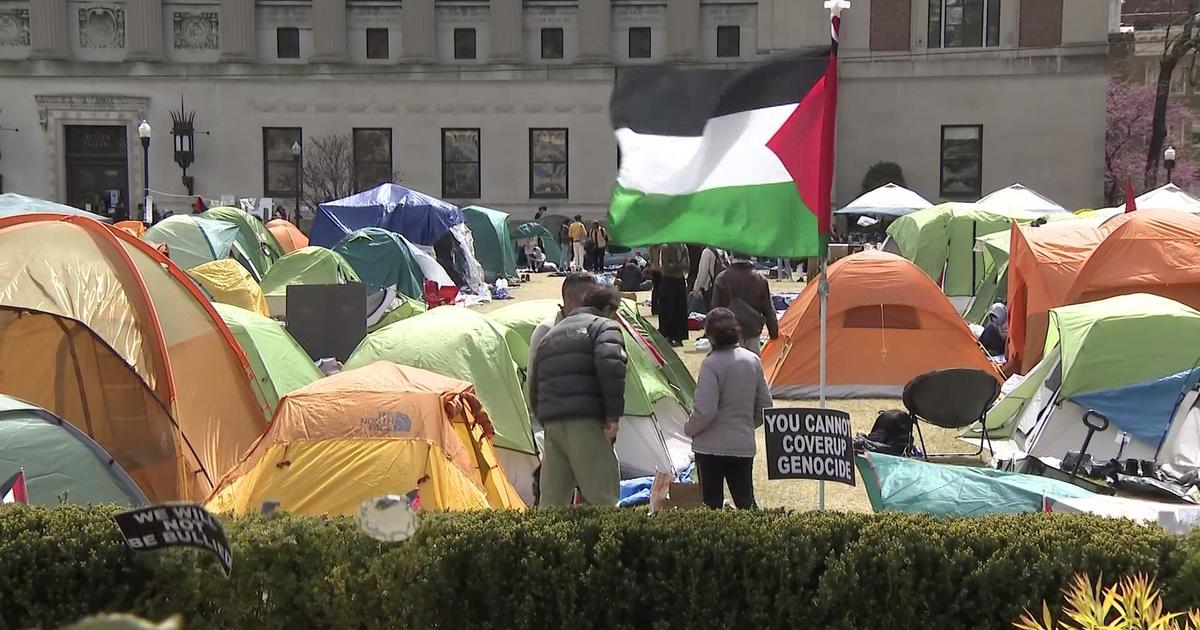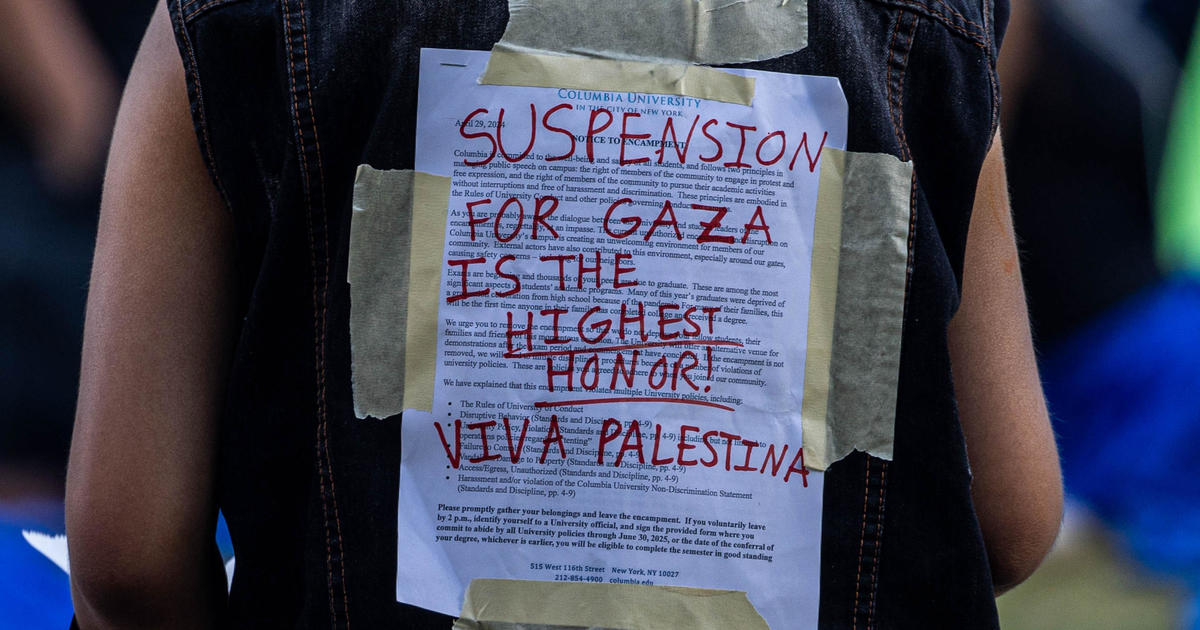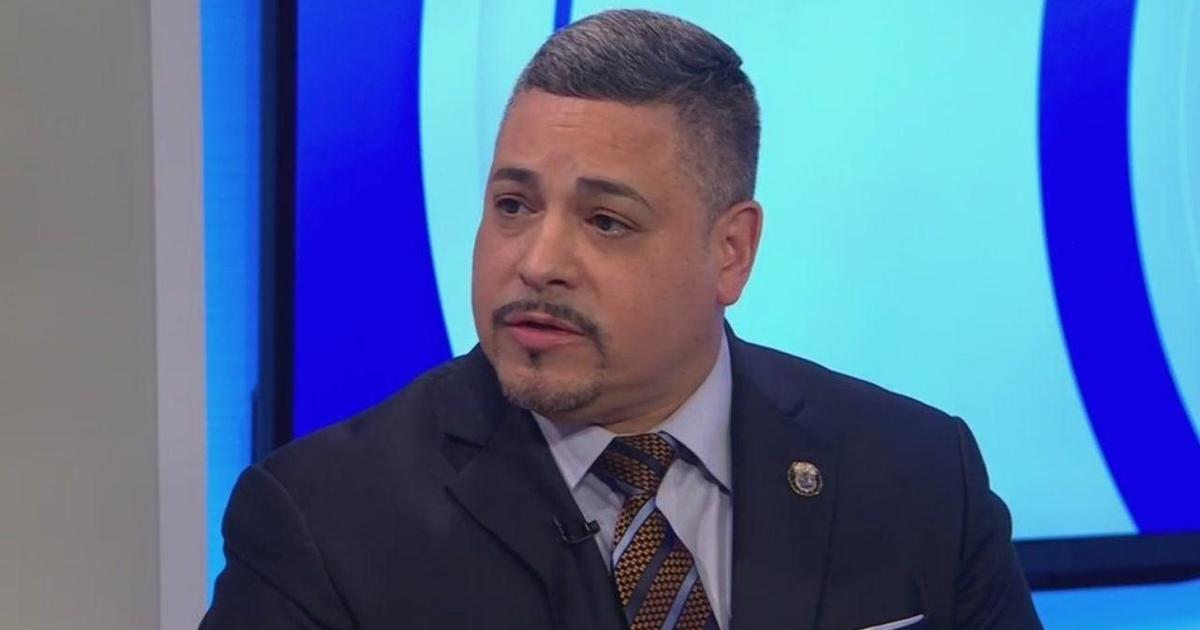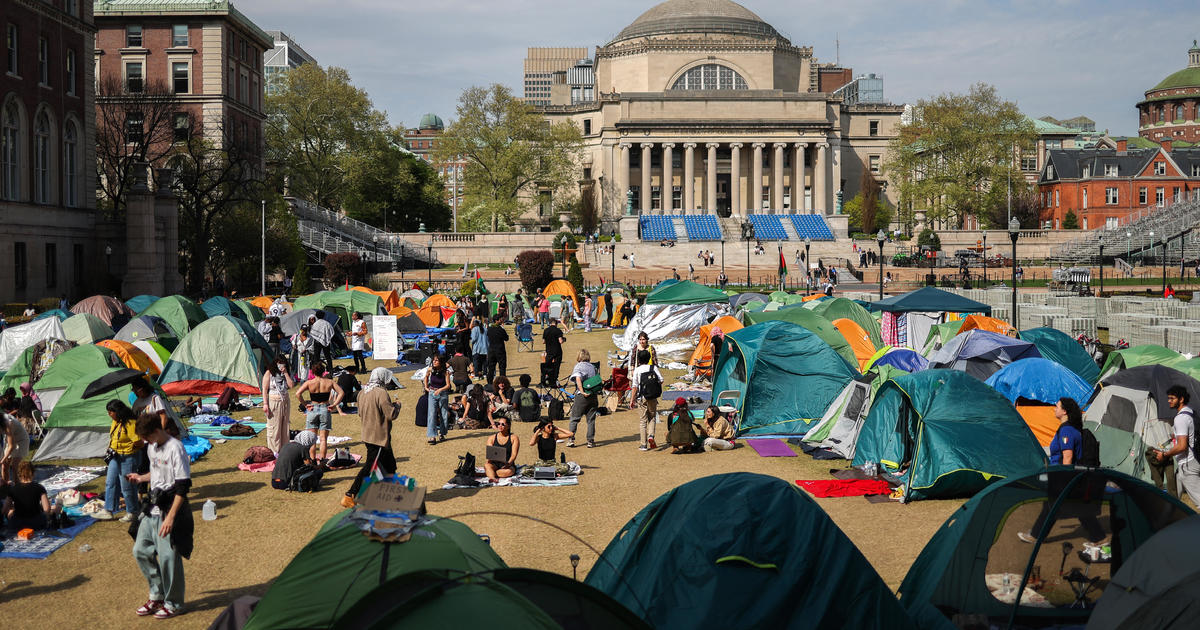Coronavirus In The Tri-State Area: How Prepared Are We Really?
NEW YORK (CBSNewYork) - There is still widespread anxiety about the coronavirus and skepticism about local and federal ability to deal with the virus should an outbreak become widespread in this country.
CBS2's Dr. Max Gomez spoke with a national expert on disaster preparedness for a read on our readiness.
"If we get a really, really severe pandemic with lots of people-to-people transmissions and a high fatality rate, then we certainly are not prepared," said Dr. Irwin Redlener of the National Center for Disaster Preparedness at Columbia University.
That sounds like a pretty frightening assessment of our readiness to deal with coronavirus, but Redlener, also a professor at the Mailman School of Public Health, says it's not quite as bad as it sounds because the government did do extensive planning for large scale pandemics about a decade ago.
"The federal government had plans, the states (and) cities had plans, those have to be dusted off to make sure they're still OK," he said.
Those plans have do be rehearsed and drilled so that everyone knows what their roles are.
Redlener also points out that these days hospitals, especially city hospitals, are usually operating at or near capacity, which means difficult decisions would have to be made during a widespread outbreak of where to put infected patients, which patients would be discharged, what procedures would be postponed and so on.
CORONAVIRUS: CDC Latest | Guidance For Travelers | NY Health Dept. | NY Hotline: 1-(888)-364-3065 | NJ Health Dept. | NJ Hotline: 1-(800)-222-1222
What makes this particular epidemic especially difficult is the many unknowns about the virus.
"We don't know really know long is the incubation period, don't know what the fatality rate is," said Redlener. "We don't have a vaccine ready, it's actually going to take a year to a year and a half before we get it. We don't have specific ant-viral medications."
As for protecting oneself from the virus, handwashing is still the most effective, but also avoiding people who are coughing and sneezing and avoiding large gatherings of people if the virus does show up in a community.
Some effective public health measures can cause other problems. If schools or daycare are close to prevent kids from spreading the virus, what do working parents do with their children?
Redlener said it's hard for our public health leaders to walk that difficult line between panic and reassurance.



